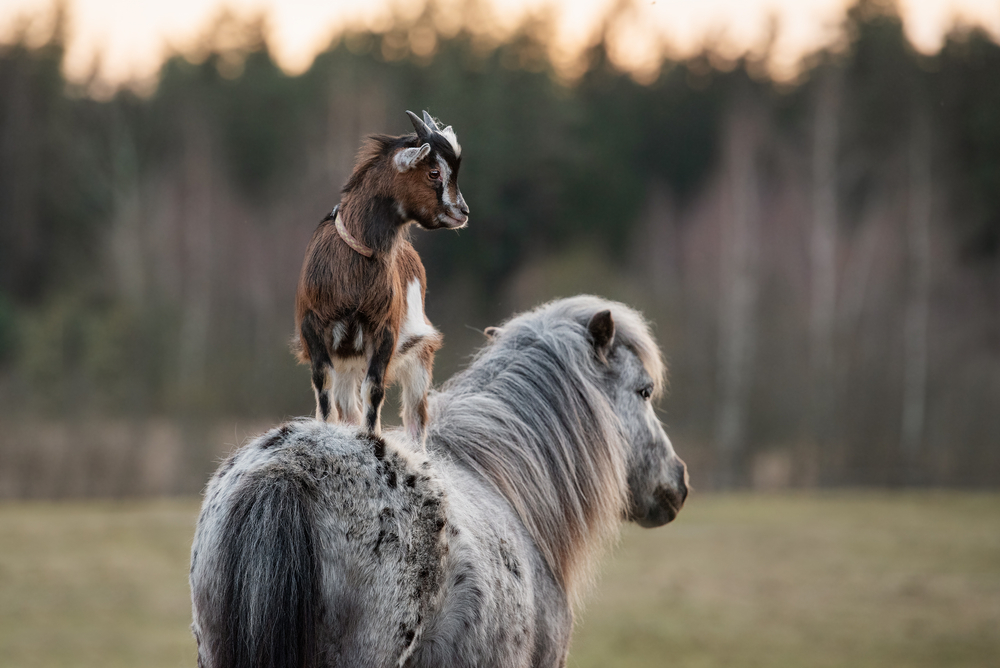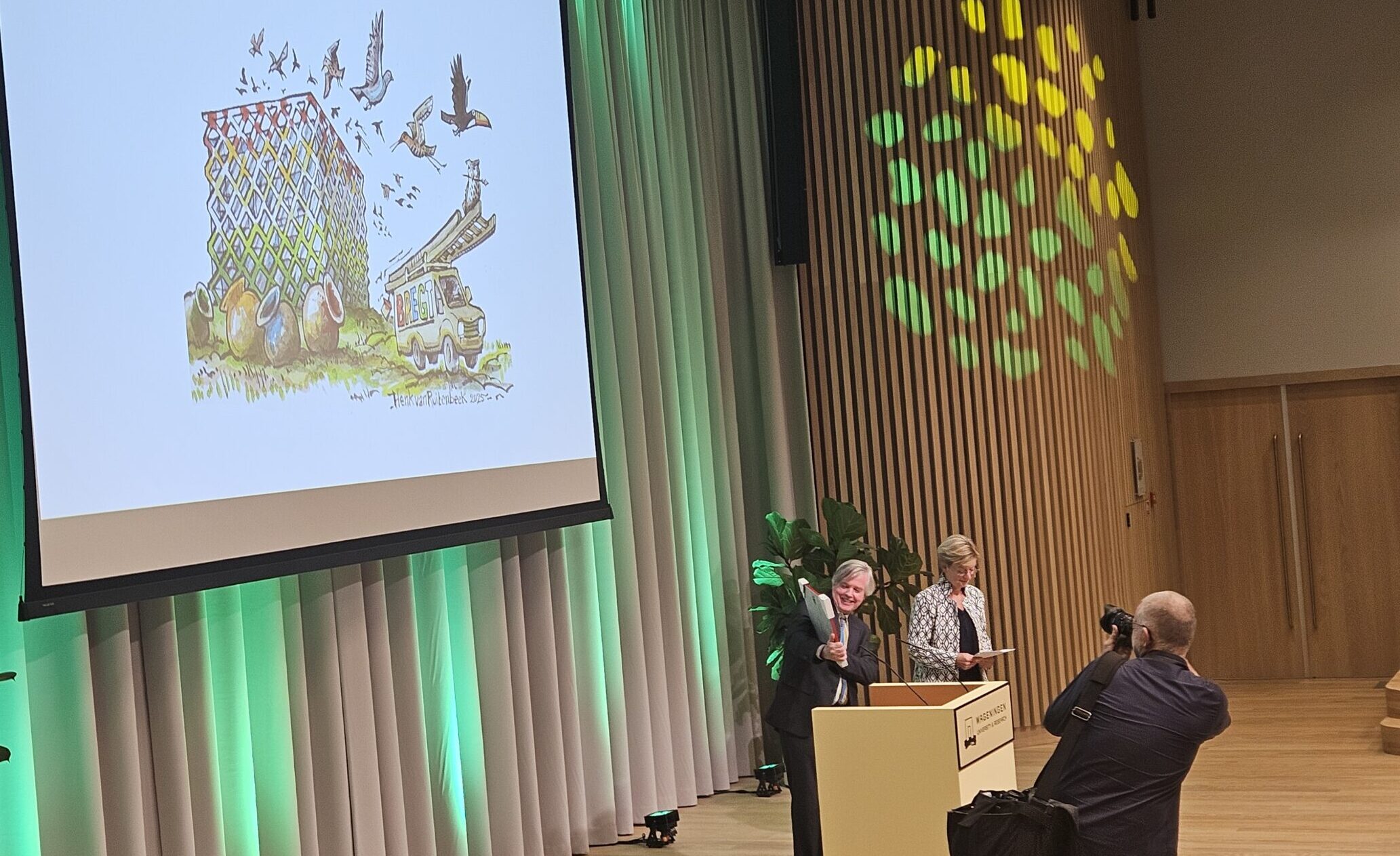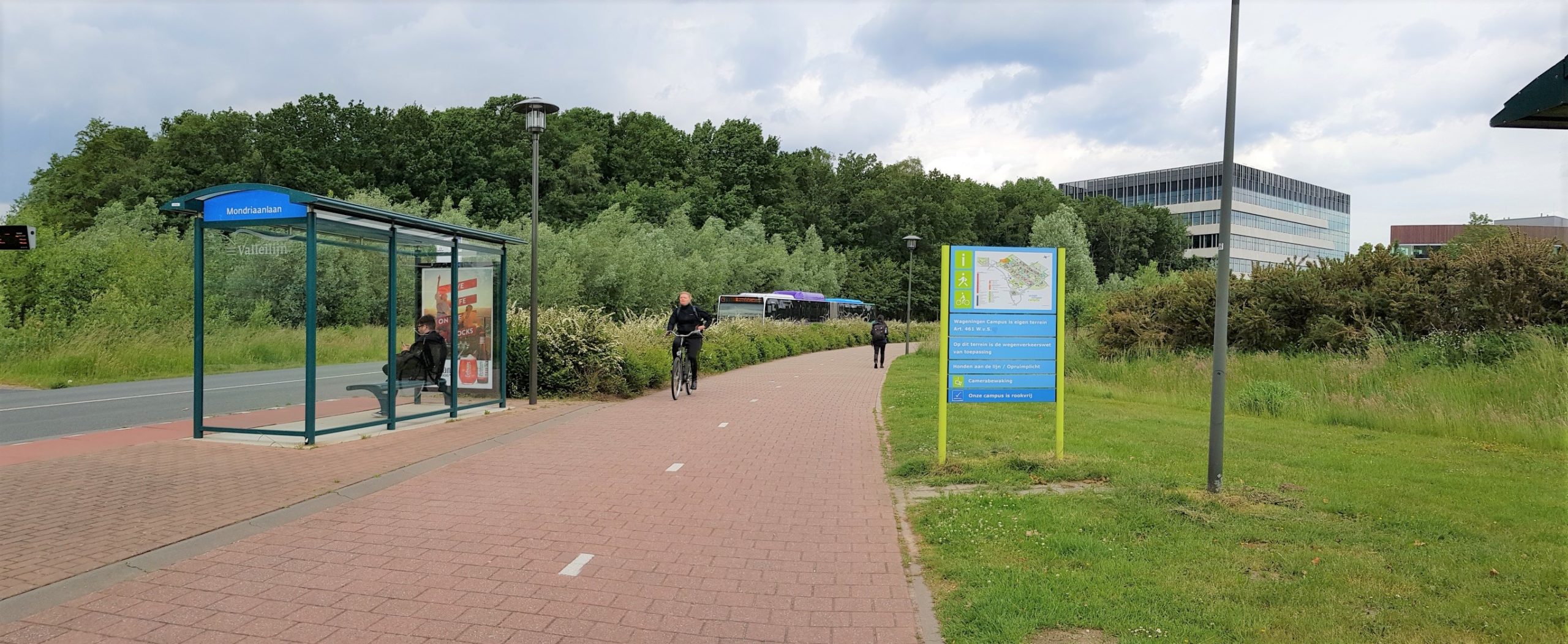Stakeholder groups and scientists increasingly use the term “conventional agriculture”. In doing so, they lump together many different forms of agriculture. This frame hampers the quest for sustainable agriculture, say agronomists James Sumberg and Ken Giller.
Sumberg, a retired professor of the University of Sussex, and Giller, professor of Plant Production Systems at WUR, note that the public debate and scientific literature increasingly differentiates between conventional agriculture and alternative forms of agriculture. Although the term “conventional” covers a huge range of agricultural systems, the term is used mainly by agricultural innovators to indicate the entirety of what they oppose.
Additions
Imagine a world in which all forms of agriculture, such as traditional agriculture, small-scale agriculture, mechanised agriculture, intensive agriculture, commercial agriculture and industrial agriculture, are simplified into “conventional agriculture”. That would be detrimental to our ability to analyse different farming systems. We need these additions to develop specific strategies to make agriculture more sustainable, say Sumberg and Giller the journal Global Food Security.
Increasingly, however, all current farming systems are lumped together, as opposed to alternative farming systems such as organic farming, climate-smart or regenerative farming, that are specified. The implicit message often is: conventional agriculture is not sustainable, bad for the climate and environment, mechanised, extensive and adversely affects the rural community. In the political debate on the agricultural transition, “conventional” is portrayed as homogenous, conservative, inflexible, old-fashioned and thus up for change, say the agronomists.
Variables
They pose that this imagery portrays “conventional” agriculture as dependent on fertilisers and pesticides. This causes us to miss other variables such as the availability of resources, climate and political context. Conventional actually includes small-scale and large-scale commercial or not, and both extensive and intensive forms of agriculture.
The agricultural sector faces significant challenges. In this respect, simplifications that deny the rich diversity of farming systems ill-serve the sector, Sumberg and Giller state. They feel no inclination to comment on whether “conventional” or “ecological” farming is the better system for feeding and saving the world. They prefer to study how different management systems may contribute to sustainable agriculture.

 Photo Shutterstock
Photo Shutterstock 

